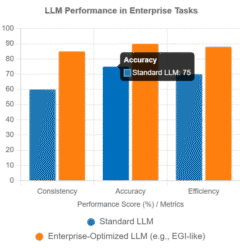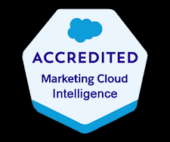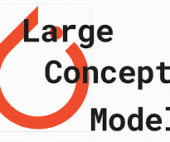Healthcare leaders are increasingly embracing generative AI to enhance administrative efficiency and clinical productivity, according to a new McKinsey & Company survey. The latest findings, based on Q4 2024 responses from 150 executives across payers, health systems, and healthcare technology firms, highlight rapid adoption and shifting investment priorities.
Key Survey Insights
Growing Adoption of Gen AI
- 85% of healthcare leaders are either exploring or actively implementing generative AI.
- More organizations have moved beyond proof-of-concept into deployment, signaling maturing investment strategies.
- However, 15% have yet to initiate any gen AI pilot programs.
Partnerships Drive Implementation
- 61% plan to collaborate with third-party vendors to develop tailored AI solutions.
- 58% are turning to existing IT vendors.
- 46% are engaging hyperscalers for their advanced data management capabilities.
- Only 20% intend to build solutions in-house, while 19% will purchase off-the-shelf tools.
Top Use Cases: Efficiency & Engagement
- Administrative and clinical productivity remain the primary focus.
- Additional opportunities include:
- Patient/member engagement
- IT and infrastructure optimization
ROI Expectations Are High
- Among organizations already deploying gen AI, 64% expect or have observed a positive return on investment, reflecting strong confidence in the technology’s impact.
Strategic Recommendations
McKinsey’s report emphasizes that successful gen AI integration requires:
- A value-driven strategy aligned with organizational goals.
- Strong execution capabilities to scale solutions effectively.
- Robust governance to manage risks and maximize benefits.
“As generative AI gains momentum, healthcare leaders must position their organizations for long-term success by prioritizing high-impact use cases and strategic partnerships,” the authors noted.
The findings underscore generative AI’s expanding role in transforming healthcare operations, with early adopters already seeing measurable benefits.













